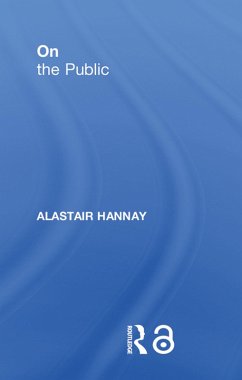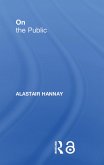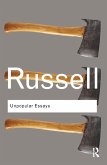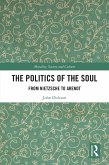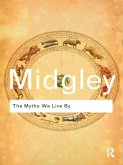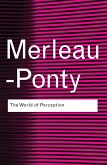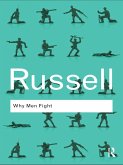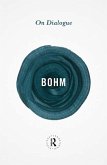The media often talk about public opinion, the 'American' or 'British' public, or the movie-going public. A public can hold an opinion and be divided. What is the public and where did it come from? Is there one public or many? Is the very idea of the public a myth?In this fascinating book, Alastair Hannay explores these questions and unpacks a much talked about but little understood phenomenon. He begins by tracing the origins of the public back to ancient Rome, before arguing that the idea of a public sphere is closely linked to the birth of democracy in the eighteenth century. He also reflects on the Enlightenment and the origins of public opinion, as well as considering the role of the media in creating and manipulating the public, and asks whether the very idea of the public might be uprooted and undermined by the Internet and global technology.Engaging and controversial in equal measure, On the Public also draws on famous thinkers who have written about the public, such as Kierkegaard, Hannah Arendt, John Dewey and Jurgen Habermas.
Dieser Download kann aus rechtlichen Gründen nur mit Rechnungsadresse in A, B, BG, CY, CZ, D, DK, EW, E, FIN, F, GR, HR, H, IRL, I, LT, L, LR, M, NL, PL, P, R, S, SLO, SK ausgeliefert werden.

